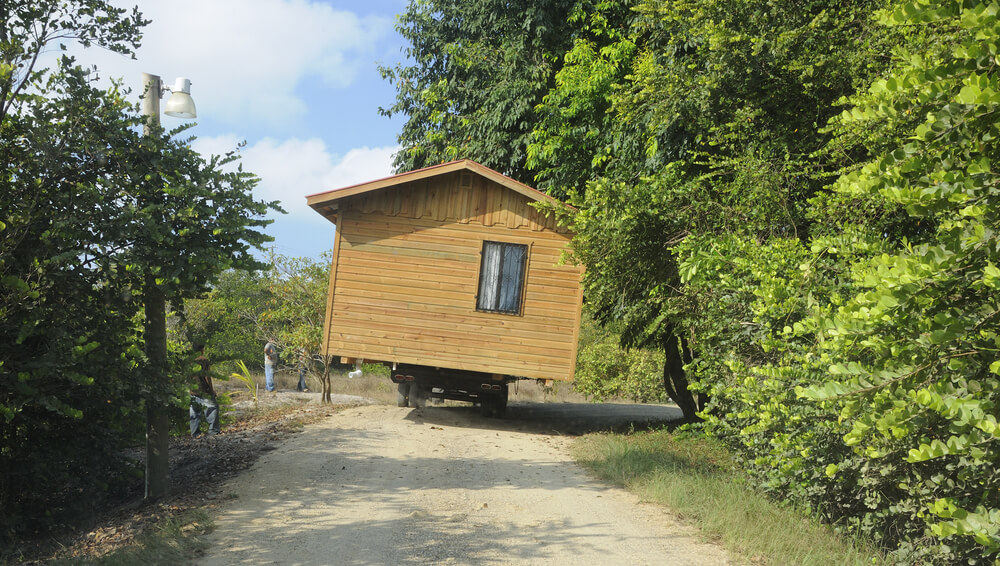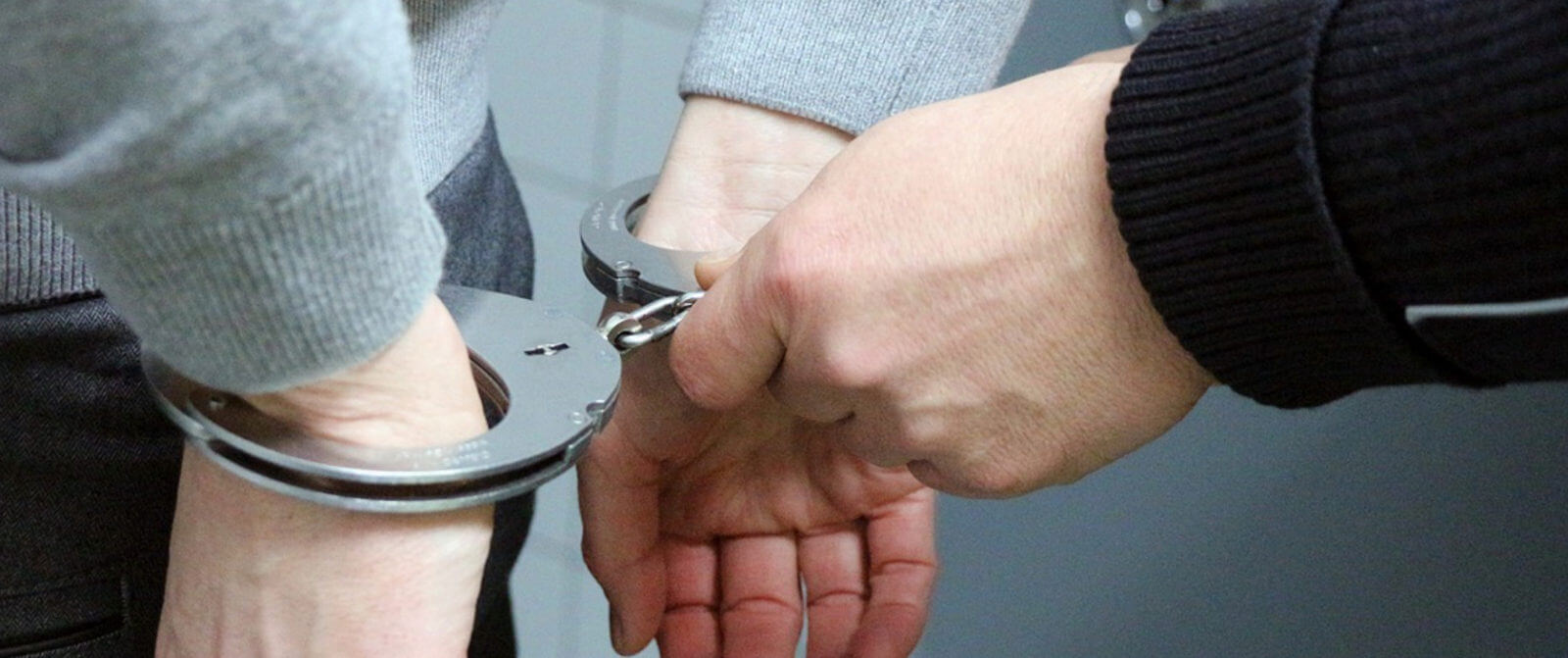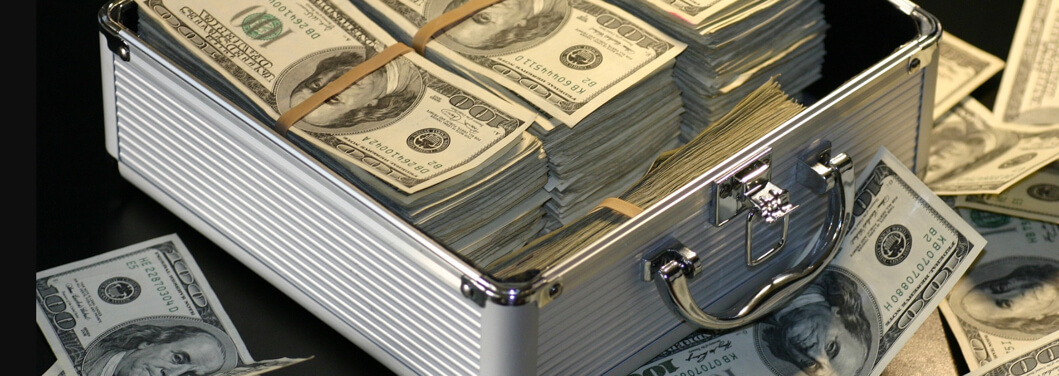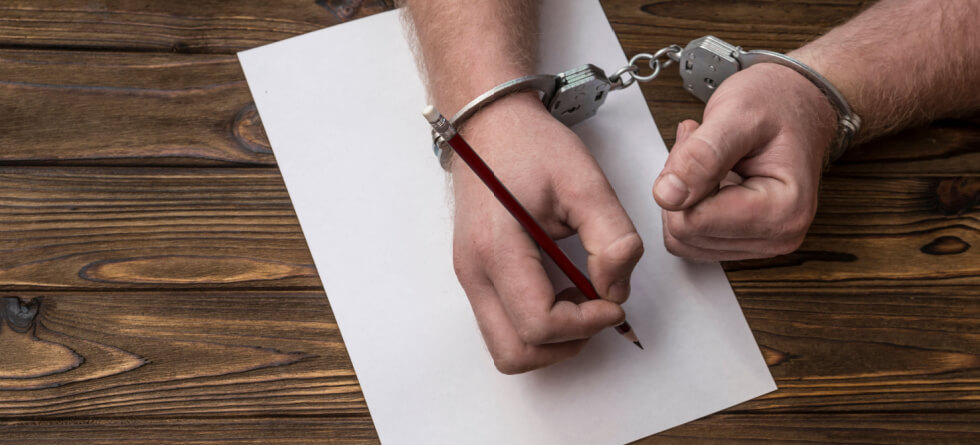As someone who has worked in the bail bonds industry for many years, I can tell you that one of the most common questions we get asked is whether or not we can take someone’s house as collateral for a bail bond.
Yes, a bail bondsman can take your house as collateral, but only under certain circumstances.
You should understand what collateral is and why it’s required. Collateral is a form of security that the bail bondsman requires to ensure that the defendant shows up for their court appearances. If the defendant fails to appear in court, the bail bondsman can use the collateral to cover the bond cost.
The most common forms of collateral that bail bondsmen accept include cash, cars, jewelry, and property. However, not all bail bondsmen will accept the property as collateral, and even those that do will usually require that the property have significant value.
In most cases, a bail bondsman will only take someone’s house as collateral if it has significant equity. Equity refers to the difference between the current value of the property and the amount of any outstanding mortgages or liens. If the equity in the house is significant enough to cover the cost of the bail bond, the bail bondsman may accept it as collateral.
It’s important to note that if you put your house up as collateral for a bail bond and the defendant fails to appear in court, you could potentially lose your home. The bail bondsman would have the legal right to foreclose on the property and sell it to cover the bond cost.
Most bail bondsmen will do everything they can to avoid having to foreclose on a property. If the defendant does fail to appear in court, the bail bondsman will typically make every effort to track them down and bring them back into custody to avoid having to sell the collateral.
While it is technically possible for a bail bondsman to take your house as collateral, it does not happen often.
Most bail bondsmen will only accept the property as collateral if it has significant equity. They will do everything in their power to avoid having to foreclose on the property. Suppose you’re considering putting your house up as collateral for a bail bond. In that case, you must weigh the risks and benefits carefully and consult a reputable bail bondsman before making any decisions.




